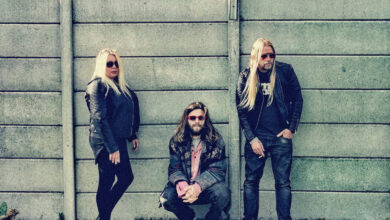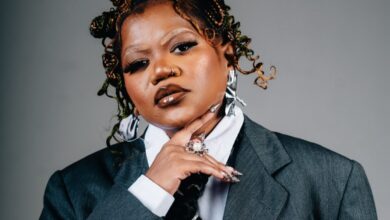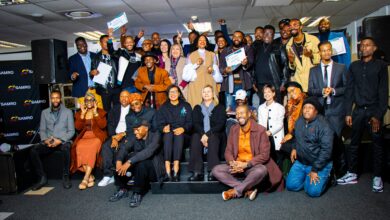“Spotify: For the Record” Podcast Spotlights Fast-Growing African Music Scene, ft. Focalistic, DaVido, Burna Boy, and More!

The next episode of Spotify: For the Record, a podcast sharing fresh, illuminating insights from the music industry in a way only Spotify can, is out now.
Following on from Spotify’s recent launch into 39 new African markets, which was announced during the Stream On event on 22 February, the new episode titled “Afropop to Amapiano: African Music Ignites,” takes listeners on a journey across the continent from Ghana to Kenya, spotlighting the diverse cultures and sounds of a musical hotbed for expanding genres like Amapiano and Gengetone, and popular collaborations between African artists and mainstream Western stars.
The episode features interviews with a roster of African stars, including South Africa’s Spotify RADAR artist Focalistic, whose track “Ke Star” is gaining worldwide attention. Recent Grammy-winner Burna Boy and fellow Nigerian DaVido, who shares how key collabs with Nas and Nicki Minaj were born in the bathroom and in his DM’s. Also featured is Kenya’s celebrated musician-producer-DJ Blinky Bill, and you’ll also hear from Nigeria’s RADAR artist Tems, who reveals how it feels to be featured on President Barack Obama’s playlists and gives listeners a taste of “alté.
In the podcast, Focalistic speaks about his collaboration with DaVido on “Ke Star” remix, saying, “when we spoke, Davido was telling me about how they want to put you know, both worlds together and tell the story the – the way it’s supposed to be, as a Pan-African collaboration. And people understand these are two worlds colliding, Nigeria, South Africa, and creating such a beautiful masterpiece. And I’m super proud that, you know, we managed to do that with Ke Star.”
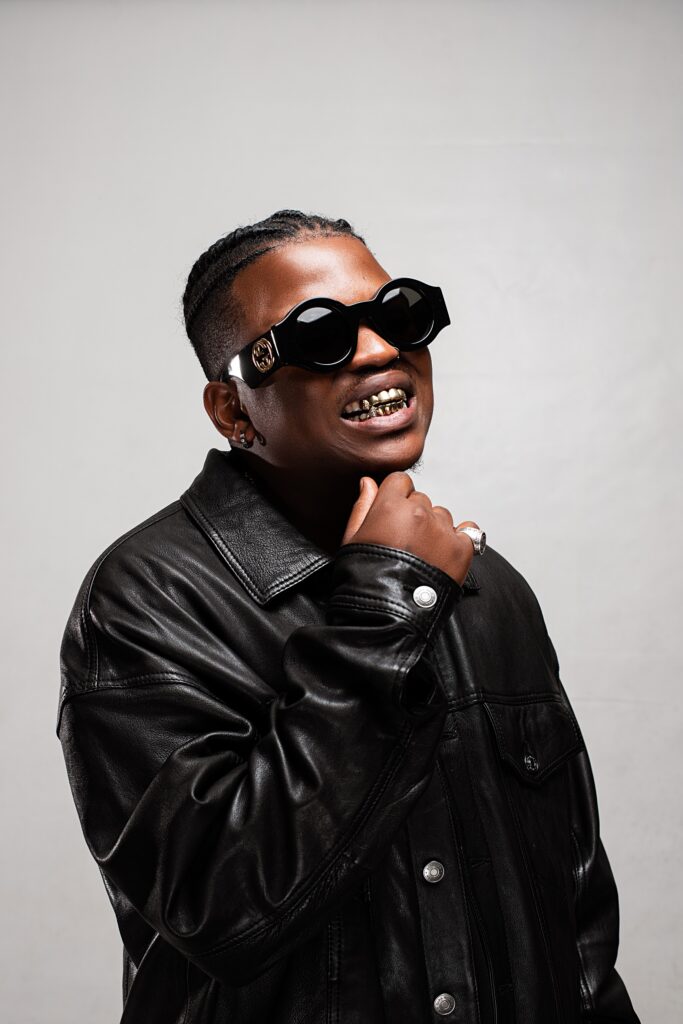
Hosts Shanon Cook and Kevin Turner, along with Spotify’s Head of Music for Sub-Saharan Africa, Phiona Okumu, also share fascinating new insights into how Spotify listeners around the world are responding to music from Africa, one of the world’s fastest-growing music markets. They unveil some key data points from the first 30 days since Spotify launched in the new sub-Saharan markets, these include that:
- French-Malian singer Aya Nakamura was the most-streamed African artist globally in the past year (her song “Djadja” has been streamed more than half a billion times); Burna Boy was second.
- Four out of five of the top five most-streamed artists in Nigeria are from Nigeria: WizKid, Burna Boy, and DaVido top the list, followed by Drake, and then Nigeria’s Rema coming in fifth.
- In Kenya, one local artist made it into the top five – Sauti Sol – sandwiched between Drake, Pop Smoke, Justin Bieber and Juice WRLD.
- Ghana’s top five most-streamed artists is a mix: Drake takes the number one slot, followed by two Ghanaian rappers Sarkodie and Kwesi Arthur, with Nigerian neighbours Burna Boy and Davido rounding out the list.
Additional quotes from artists featured on the episode ·
Davido on how he ended up collaborating with Nas: “When I was in L.A., you know, Hit Boy had a whole studio booked out and apparently him and Nas were working in one of the rooms. I was in the other room working. And then I just had to pee. So, I went to the bathroom, and coming out the bathroom I see Nas. I’m like, ‘What??’ And then he chopped it up. And we did our record that same day. Very weird and crazy.”·
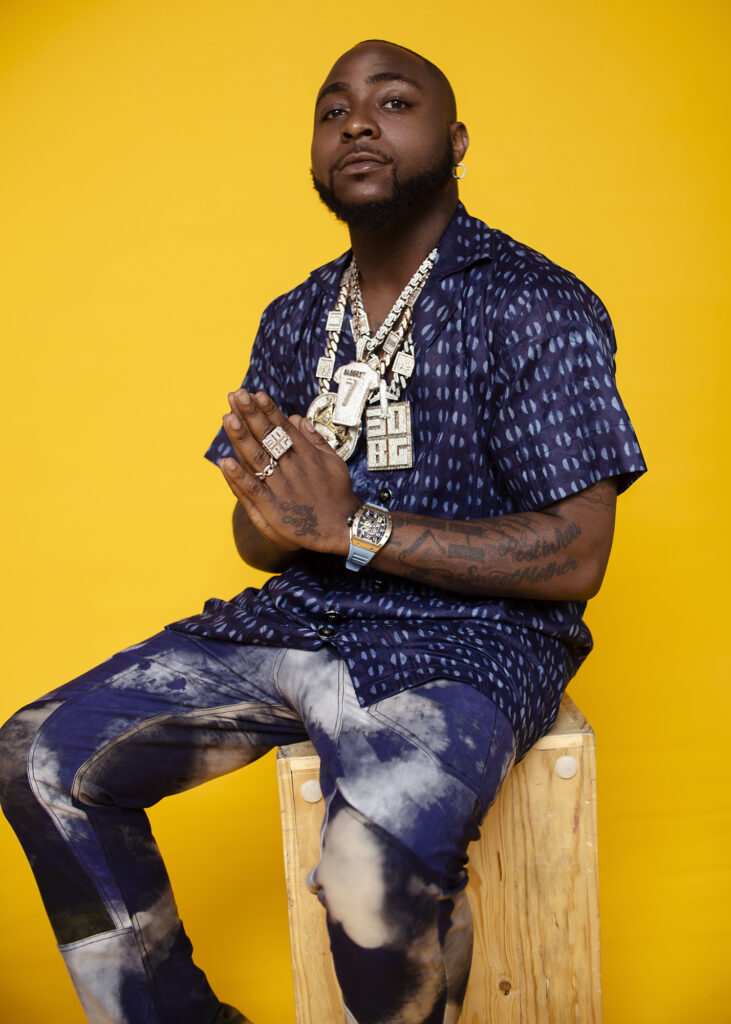
Blinky Bill on the East African music scene: “I don’t feel like there’s been a proper spotlight on what’s going on with the East African music scene, which is sad because I think that a country like Kenya, for example, has so much diversity and could add tons to like just push the envelope of where the sound is and where the sound is going. I feel like in the next few years that’s going to happen. So keep an eye out.”·
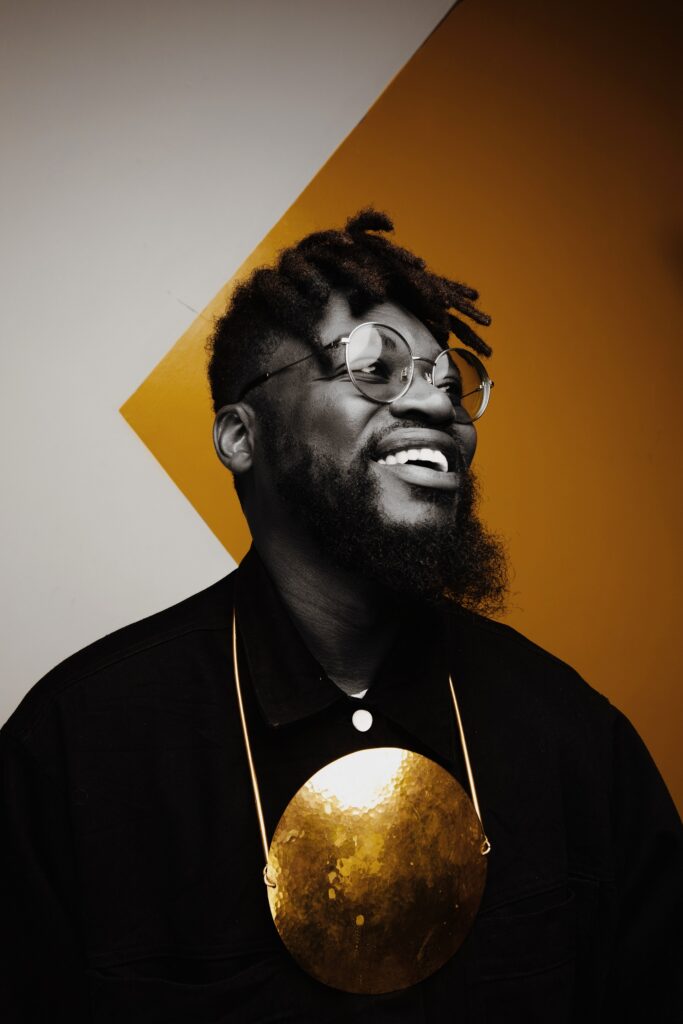
Burna Boy on paving the way for future generations of talent: “As a kid I had dreams of becoming a proper rockstar. Like I didn’t know what it meant, I just saw it on TV. […] If the younger generation sees that the older generation is doing something and it’s successful, then they’re going to be interested in that thing. And they’re going to probably come out and do it better than their elders.”
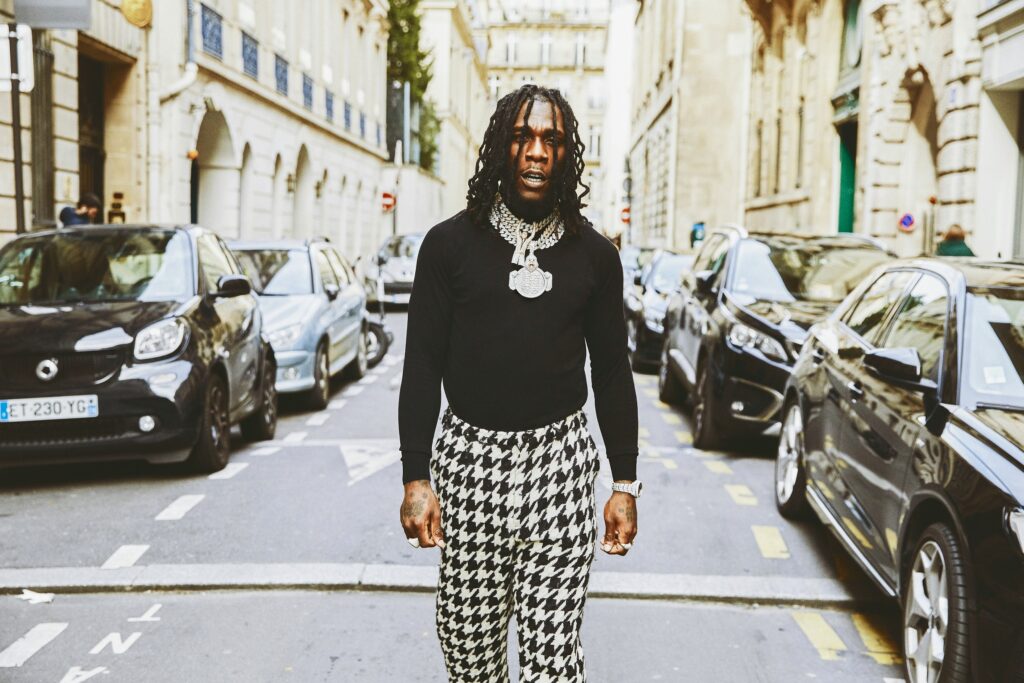
Tems on how the pandemic has impacted her work: “Being locked down helped me learn a lot about myself. I’m such a perfectionist. So it definitely increased the perfectionist side. But overall it doesn’t matter what’s going on in the world, I’m always able to express, so no matter what I am doing, as long as I have vocal chords, I’m still going to be able to create music.”


